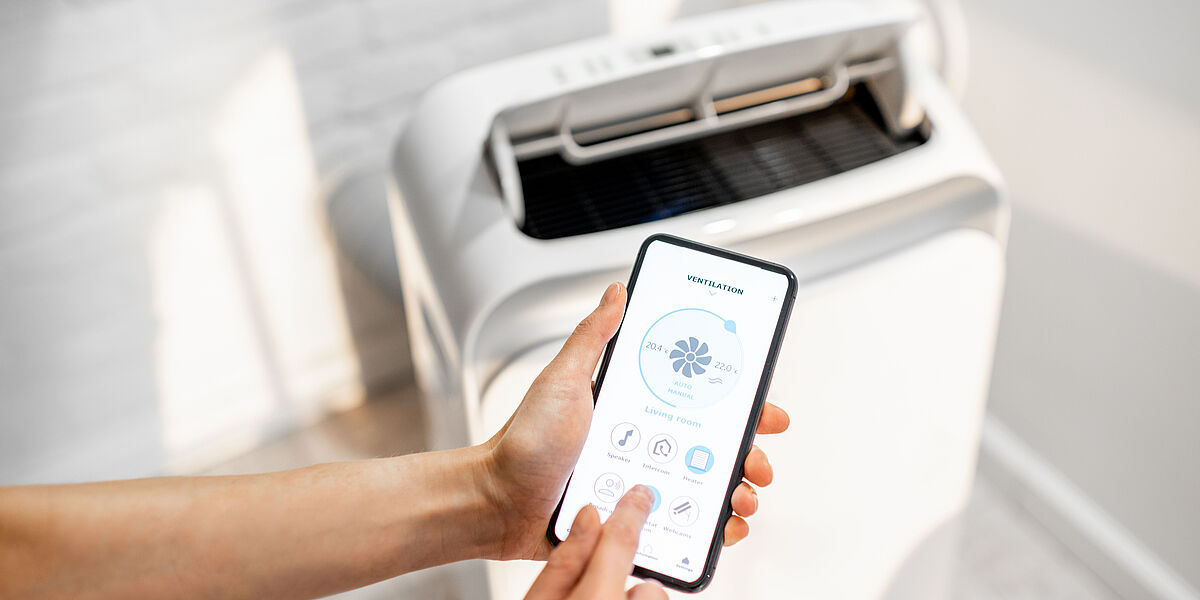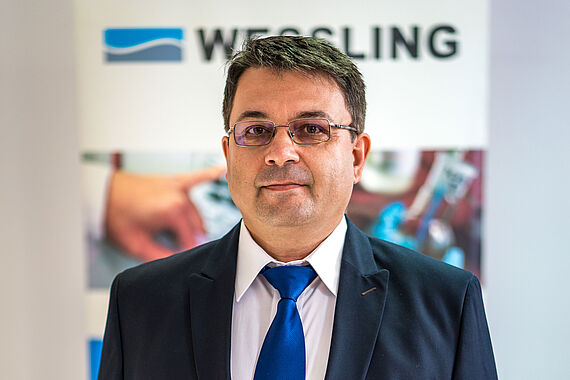Air conditioning in office buildings
How to use facilities in buildings to prevent the spread of coronavirus in the workplace.

Thermal comfort plays an important role in human health and well-being. A high temperature can create a feeling of fatigue for the occupants of a building, but we can be just as affected when it is too cold. During the summer it is difficult to control the temperature and maintain comfort in buildings without a functional ventilation system. The Covid-19 crisis imposes a series of measures to prevent the transmission of pathogens through ventilation and air conditioning systems. The correct sizing of the fresh air flows from the rooms becomes even more important.
WESSLING Romania presents a series of tips for a good operation and operation of heating, ventilation and air conditioning installations in buildings in order to avoid the spread of COVID-19 in the workplace, based on the recommendations of the Federation of European Heating, Ventilation and Air Conditioning Associations (REHVA ).
Increase the intake / exhaust air flows in the ventilation systems
Start ventilating the workspace a few hours before the office population and maintain their extended operation time. It is preferable to keep the ventilation system running at low ventilation rates outside working hours, rather than shutting down the system. Keep the vicious air exhaust ventilation systems in the toilets permanently in operation. Traveling in office buildings facilitates the transmission of air from the office to the lobby area, and this must be reduced during the pandemic.
Use more window airing
Open the windows for about 15 minutes at certain intervals, especially when the room is occupied by several people, even if you use a ventilation sistem.
Safe use of heat recovery systems
Under certain conditions, virus particles from the extracted air can re-enter the building. Heat recovery systems can carry the virus attached to the particles from the exhaust air to the inlet, through leaks / infiltrations. Transmission of virus particles via heat recovery devices is not a problem when an HVAC system is equipped with an indirect fluid heat recovery system or other heat recovery device that guarantees 100% air separation between the exhaust and the inlet.
Do not use recirculation
It is recommended to avoid centralized recirculation during the SARS-CoV-2 epidemic. Recirculation flaps must be closed. Office mini-fans should not be used, as they do not filter the air at all, but only contribute to the spread of virus particles throughout the room.
This measure prevents contamination and protection of employees' health, even if the cooling capacity of the space is reduced and the thermal comfort is slightly diminished.

Room air cleaners can be useful in specific situations
Room air purifiers effectively remove airborne particles, which ensures a similar effect to ventilation. To be effective, air purifiers must have at least the efficiency of the HEPA filter. Because the air flow through the air cleaners is limited, the area they can actually serve is normally quite small, usually less than 10 m2. It is recommended to place the device close the breathing zone.
Plants for fresh air
Plants in the workspace will not protect you from coronavirus, but certainly their presence will make you feel better, help you concentrate better and absorb carbon dioxide through photosynthesis and refresh the air by releasing oxygen to the leaves.
From one of the most beautiful offices decorated with flowers and a smile, our colleague Kinga Barta, the coordinator of the Reception and Reporting department wishes you productive days at the office with optimal temperatures.
Read more
All newsContact:
- Bakó Mihály
- +4 0752 062 396
- mihaly.bako@wessling.ro


